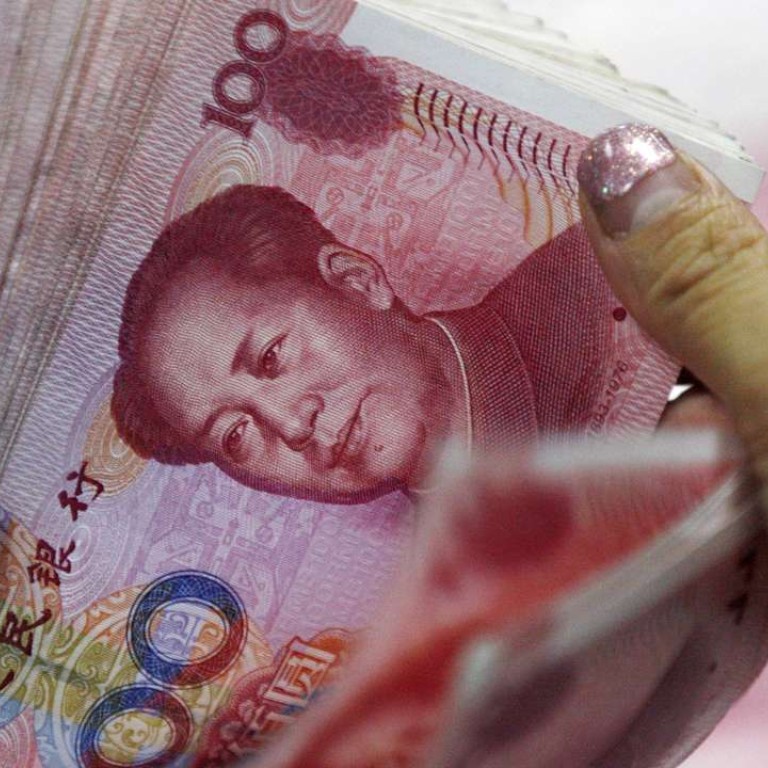
Unreliable credit ratings deter overseas investors from joining China’s onshore bond market
While Beijing is applauded for its efforts to open the nation’s capital markets to overseas investors, unreliable credit ratings in China’s onshore bond market are still a major concern for many foreign investors.
In a major step towards opening up, the Chinese government earlier this year granted global central banks, sovereign money managers and other offshore long-term institutional investors full access to its interbank bond market.
Although months have passed since the milestone step, total foreign investment is still moderate compared to the total size of the market.
While overseas investors worry about increasing credit risks and depreciation prospects for the yuan as the Chinese economy slows, they are even more concerned when they see credit ratings that consistently fail to reflect risks in the world’s third largest bond market.
“I believe this will be a barrier to entry for many overseas institutional investors that are required to rely on credit ratings as part of their investment criteria,” said Jamie Tadelis, co-founder and head of sales at SC Lowy, a fixed-income specialist focused on Asia Pacific, Europe and the Middle East.
The sentiment is echoed by Moody’s, which said in a report that foreign investment is expected to be concentrated in sovereign, sub-sovereign and policy bank bonds, adding that a factor holding investors back from corporate bonds is that they are not familiar with Chinese domestic ratings, which are markedly different from international ratings used in the offshore market.
This will be a barrier to entry for many overseas institutional investors that are required to rely on credit ratings as part of their investment criteria
Nearly 96 per cent of China’s bond issuers have AA- or even higher grades, meaning they are deemed safe for investment, whereas the same sample from international rating agencies is only 2.2 per cent, according to data from Credit Suisse.
In addition to the overall “inflation” in credit ratings, “there is a wide disparity between the credit ratings of the same issuer’s onshore bonds versus their offshore bonds”, said Tadelis. “There are many instances where onshore publicly issued debt is awarded an investment grade rating by Chinese credit agencies, while overseas credit agencies give the same issuer’s offshore publicly issued debt a ‘junk’ rating,” he said.
That was the case with China’s biggest real estate developers – Vanke, Evergrande and Poly. All three received AAA credit ratings, the highest available, when issuing bonds in China’s onshore market but were granted much lower and differentiated ratings when issuing bonds in the offshore market in Hong Kong.
The concern over unreliable ratings is highlighted by the surge in bond defaults this year. In most of these cases, thefavourable credit ratings failed to send warnings signals to investors before a default occurred.

State-owned Sichuan Coal Industry Group defaulted on its bond on June 15 this year, but up until May the company was still rated AA by China’s major credit rating agencies.
“It normally should be a process for a company to be downgraded from investment grade to non-investment grade to give investors a warning beforehand,” said Ivan Chung, associate managing director and the head of greater China credit research and analysis at Moody’s in Hong Kong. “That’s unless there is some black swan event, but that’s not the case for most defaults in China this year.”
According to Moody’s statistics on global default cases from 1983 to 2015, the average rating two years before a company’s default is Caa2, which is considered very high credit risk.
“[Overseas investors] need to not only do their own fundamental credit analysis, but also need to believe that the onshore ratings agencies are analysing a company’s credit worthiness independently and accurately,” said SC Lowy’s Jamie.
